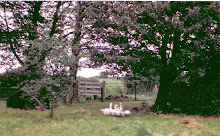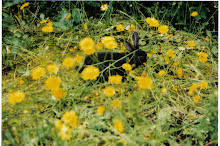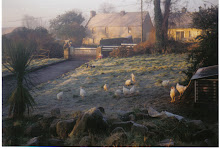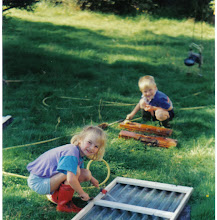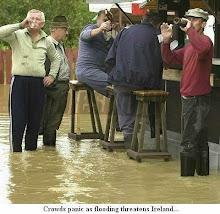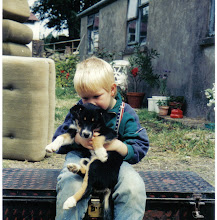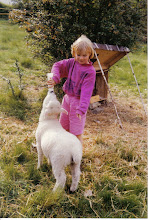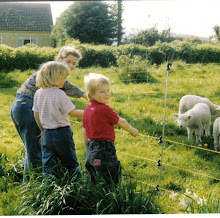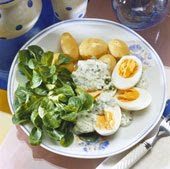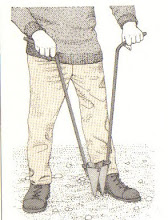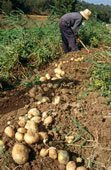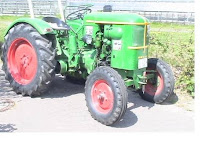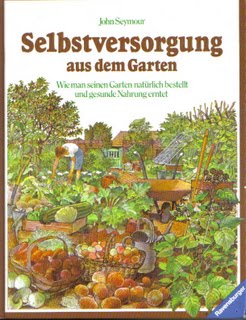For some it's not over.
 Germany
and many other European countries like France, Italy, Hungary, even
the UK have a second Day of Christmas, with 'Boxing Day' being the
better known name. In Serbia, Sweden, Croatia and Poland they celebrate
it as St. Stephen's Day, the day of the first Christian martyr. In
Ireland it's pronounced btw St.Stephense's Day). In the Republic of
Ireland, the day is one of nine official public holidays. In Irish, it
is called Lá Fhéile Stiofán or Lá an Dreoilín — the latter translates literally as another English name used, the Day of the Wren or Wren's Day.
When used in this context, "wren" is often pronounced "ran". This name
alludes to several legends, including those found in Ireland, linking
episodes in the life of Jesus to the wren. Although now mostly a
discontinued tradition, in certain parts of Ireland persons carrying
either an effigy of a wren or an actual caged wren (live or dead),
travel from house to house playing music, singing and dancing.
Depending on which region of the country, they are called Wrenboys.
Germany
and many other European countries like France, Italy, Hungary, even
the UK have a second Day of Christmas, with 'Boxing Day' being the
better known name. In Serbia, Sweden, Croatia and Poland they celebrate
it as St. Stephen's Day, the day of the first Christian martyr. In
Ireland it's pronounced btw St.Stephense's Day). In the Republic of
Ireland, the day is one of nine official public holidays. In Irish, it
is called Lá Fhéile Stiofán or Lá an Dreoilín — the latter translates literally as another English name used, the Day of the Wren or Wren's Day.
When used in this context, "wren" is often pronounced "ran". This name
alludes to several legends, including those found in Ireland, linking
episodes in the life of Jesus to the wren. Although now mostly a
discontinued tradition, in certain parts of Ireland persons carrying
either an effigy of a wren or an actual caged wren (live or dead),
travel from house to house playing music, singing and dancing.
Depending on which region of the country, they are called Wrenboys.
My son was born that day. I spent Christmas in labor and he was born on Christmas Day, if the second. We moved to Ireland when he was still very small. It was impossible to have a birthday party for the little boy. First of all, the Irish have big families and they all had to visit their relatives on that day. Second, Tipperary where we lived had the customary Wren boys doing the rounds on St.Stephene's day. Originally staging a fake wren shooting, tradition has it that a group of boys and young man dressed up and went from farm to farm singing and collecting goodies- sweets or pennies.
I once tried to give my son summer birthday celebration in lieu of his real birthday he missed out on every year. Unfortunately, that didn't work out better because on 26 June the summer holidays and with it haymaking and other farmer activities where in full swing.
Everybody whose birthday is close to Christmas can sympathize.
Happy 2nd Day of Christmas!

 Germany
and many other European countries like France, Italy, Hungary, even
the UK have a second Day of Christmas, with 'Boxing Day' being the
better known name. In Serbia, Sweden, Croatia and Poland they celebrate
it as St. Stephen's Day, the day of the first Christian martyr. In
Ireland it's pronounced btw St.Stephense's Day). In the Republic of
Ireland, the day is one of nine official public holidays. In Irish, it
is called Lá Fhéile Stiofán or Lá an Dreoilín — the latter translates literally as another English name used, the Day of the Wren or Wren's Day.
When used in this context, "wren" is often pronounced "ran". This name
alludes to several legends, including those found in Ireland, linking
episodes in the life of Jesus to the wren. Although now mostly a
discontinued tradition, in certain parts of Ireland persons carrying
either an effigy of a wren or an actual caged wren (live or dead),
travel from house to house playing music, singing and dancing.
Depending on which region of the country, they are called Wrenboys.
Germany
and many other European countries like France, Italy, Hungary, even
the UK have a second Day of Christmas, with 'Boxing Day' being the
better known name. In Serbia, Sweden, Croatia and Poland they celebrate
it as St. Stephen's Day, the day of the first Christian martyr. In
Ireland it's pronounced btw St.Stephense's Day). In the Republic of
Ireland, the day is one of nine official public holidays. In Irish, it
is called Lá Fhéile Stiofán or Lá an Dreoilín — the latter translates literally as another English name used, the Day of the Wren or Wren's Day.
When used in this context, "wren" is often pronounced "ran". This name
alludes to several legends, including those found in Ireland, linking
episodes in the life of Jesus to the wren. Although now mostly a
discontinued tradition, in certain parts of Ireland persons carrying
either an effigy of a wren or an actual caged wren (live or dead),
travel from house to house playing music, singing and dancing.
Depending on which region of the country, they are called Wrenboys. My son was born that day. I spent Christmas in labor and he was born on Christmas Day, if the second. We moved to Ireland when he was still very small. It was impossible to have a birthday party for the little boy. First of all, the Irish have big families and they all had to visit their relatives on that day. Second, Tipperary where we lived had the customary Wren boys doing the rounds on St.Stephene's day. Originally staging a fake wren shooting, tradition has it that a group of boys and young man dressed up and went from farm to farm singing and collecting goodies- sweets or pennies.
I once tried to give my son summer birthday celebration in lieu of his real birthday he missed out on every year. Unfortunately, that didn't work out better because on 26 June the summer holidays and with it haymaking and other farmer activities where in full swing.
Everybody whose birthday is close to Christmas can sympathize.
Happy 2nd Day of Christmas!



































